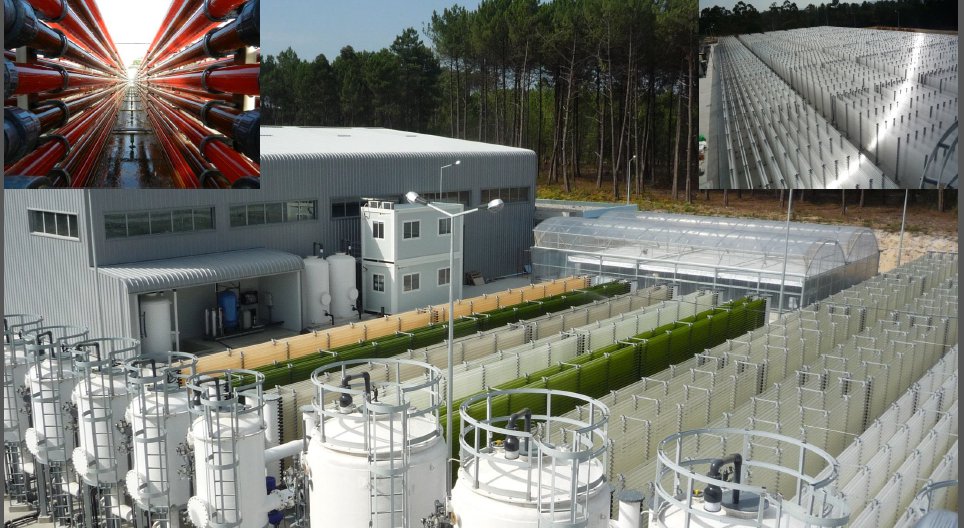Those that attended the 2012 Algae Biomass Summit in Denver last month may have seen the great photos of European algae projects underway in almost every OECD country (including Iceland!) and come away thinking U.S. efforts shouldn’t be complacent in light of so much activity overseas.
Last week the European Commission stepped up its game even more and announced a new proposal to allow algae biofuels to count quadruple toward EU biofuel and greenhouse gas reduction targets, according to a statement (PDF) by the European Algae Biomass Association.
There is a 10% EU target for renewable fuels in transport, and by counting four times the energy content of algae biofuels toward that target the policy will be a dramatic incentive for growth in the emerging European algae sector. Adding pressure is another controversial change that would limit how much biofuels made from food crops could count toward the target.
The policy even has a provision that adds long-term certainty to investors that might otherwise be shy about early-stage production operations. The proposal highlights that algae will be among the few raw materials for biofuels production for which European and public support will be ensured well beyond 2020.
Governments around the world are recognizing that algae can put a significant dent in energy security concerns while simultaneously providing economic and environmental benefits. In Europe, we may soon see significantly accelerated algae investments.

